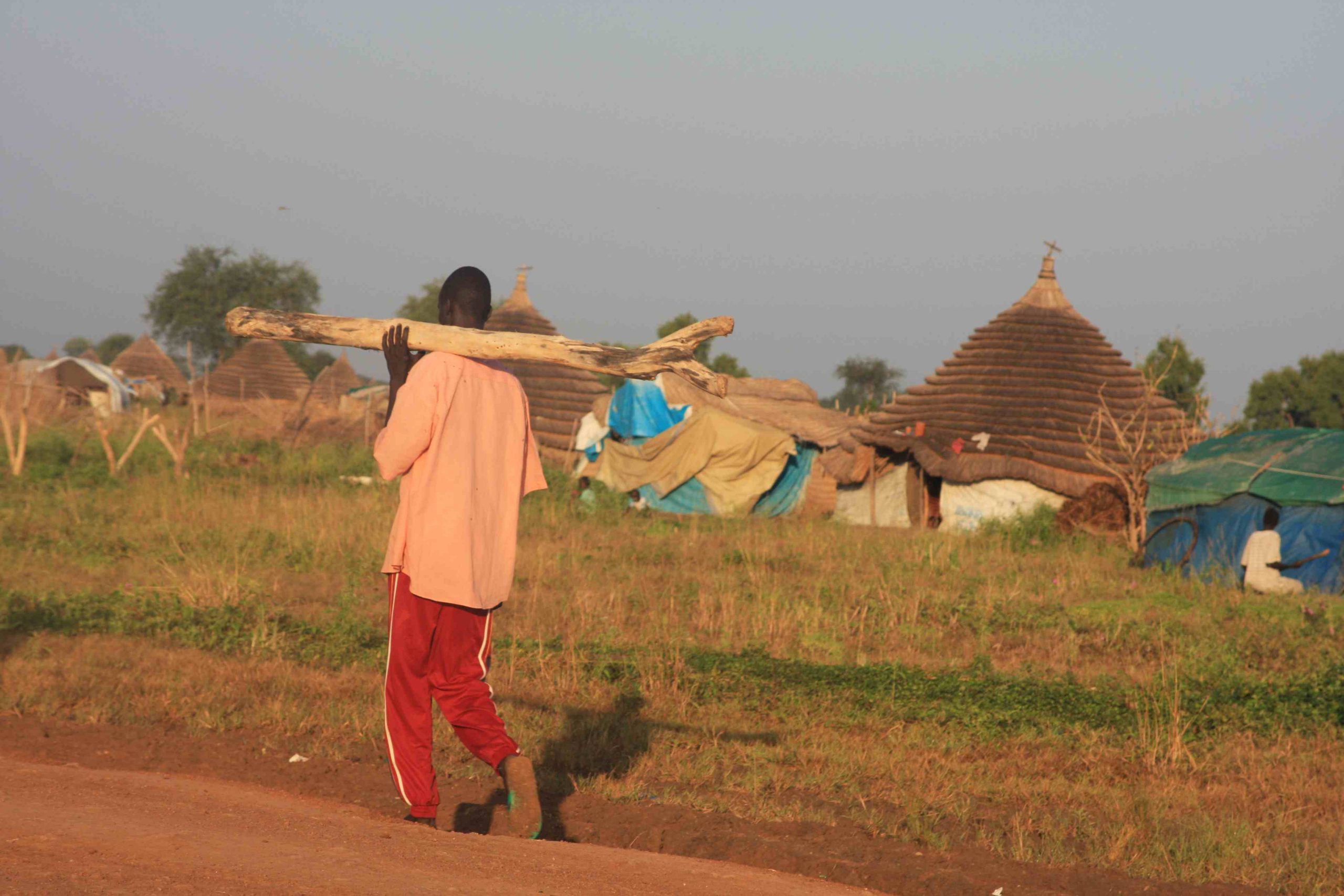
Our Correspondent | Africa Guardian
The oil-rich Abyei region, located on the border between South Sudan and Sudan, has long been a point of contention since South Sudan’s independence in 2011. Recently, South Sudan has signaled its intention to assert control over Abyei, referencing a controversial referendum conducted over a decade ago, the results of which it had initially rejected.
On January 4, First Vice President Riek Machar formally received the referendum report from Abyei’s Chief Administrator, Dr. Chol Deng Alak. Machar pledged to forward the report to South Sudan’s government and parliament for adoption, signaling a policy shift from 2013, when Juba rejected the nearly unanimous vote by the Ngok Dinka community in favor of joining South Sudan.
The referendum, in which 99% of the Ngok Dinka voted to belong to South Sudan, was endorsed by the Abyei Administrative Assembly on December 27, 2024. Machar announced that the report would first be reviewed by the Ministry of Justice and Constitutional Affairs before being forwarded to the Cabinet and National Legislative Assembly for deliberation.
Abyei, which straddles South Sudan and Sudan, is a region of great economic importance due to its vast oil reserves and fertile land, making it a crucial trade route between the two countries. However, its political future has been mired in conflict, with both Sudan and South Sudan vying for control.
In 2013, the Ngok Dinka held an unofficial referendum in which they voted overwhelmingly to join South Sudan. The Misseriya, an Arabic-speaking nomadic group, boycotted the referendum and insisted on Abyei remaining part of Sudan. The lack of agreement on who should be eligible to vote has delayed the official referendum. This delay, coupled with Sudan’s ongoing political and security instability, has left Abyei’s status unresolved.
South Sudan’s decision to push forward with the 2013 referendum results has sparked criticism, with concerns that it may escalate tensions with Sudan. James Morgan, a former South Sudan foreign minister and current Special Envoy to the Great Lakes region, emphasized the difficulty of unilaterally determining Abyei’s status without the consensus of both nations.
The 2005 Comprehensive Peace Agreement (CPA) stipulated that Abyei would hold a referendum alongside South Sudan’s independence vote in January 2011, but this never materialized. Political commentator Akol Miyen Kuol argued that South Sudan has a moral obligation to respect the referendum’s outcome, as the Ngok Dinka fought alongside the Sudan People’s Liberation Movement (SPLM) for their freedom from Khartoum’s rule.
The Misseriya, who traditionally graze cattle in northern Abyei, have long insisted on participation in the referendum, but Juba contends that they are not permanent residents. Both countries recognize Abyei’s economic value, particularly its oil fields, and its importance for border stability.
Malual Bol Kiir, a research fellow at the Institute for Strategic and Policy Studies, stressed that recognizing the referendum’s outcome is long overdue and crucial to resolving the tensions in Abyei. He argued that South Sudan’s delay in acknowledging the results has contributed to a sense of “statelessness” among the people of Abyei, leading to ongoing conflicts between local communities.
The ongoing conflict in Sudan has further strained Abyei, with the influx of displaced persons exacerbating tensions between the Ngok Dinka and the Twic Dinka communities, as well as between the Dinka and Misseriya from Sudan. However, unilateral action by South Sudan could lead to further complications. A 2009 ruling by the Abyei Tribunal in The Hague confirmed that while the Ngok Dinka chiefdoms belong to South Sudan, key oilfields should remain under Sudanese control.
Edmund Yakani, executive director of the Community Empowerment for Progress Organization, emphasized that a legal and diplomatic resolution, with the agreement of both governments, would be preferable to unilateral action. Despite Sudan’s current political instability, he argued that addressing the issue with full consensus is essential for lasting peace.
___
